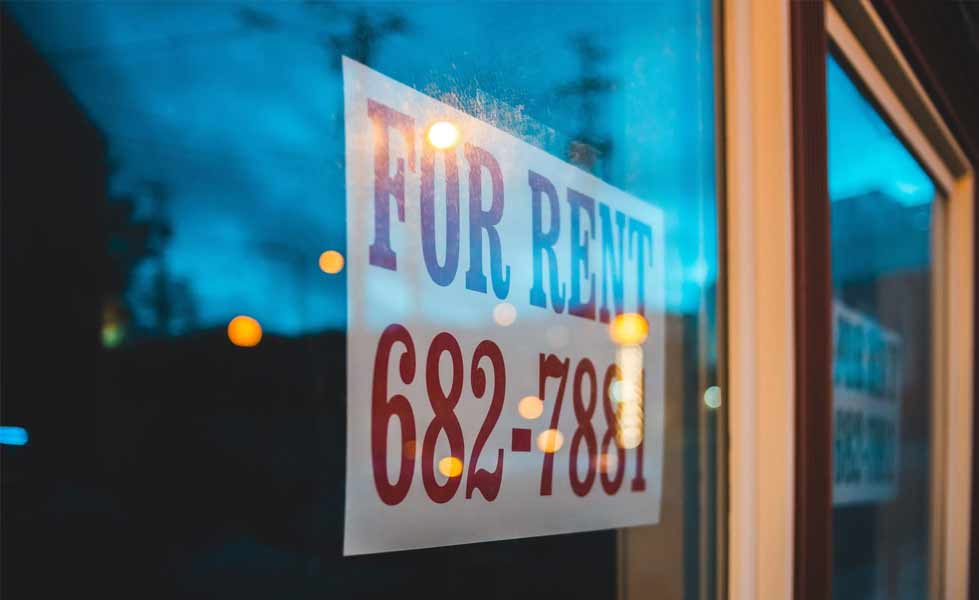Section 2 of the Landlord and Tenant (Shops, Hotels and Catering Establishments) (Chapter 301) (Hereinafter referred to as the “Act”) defines a controlled tenancy to mean a tenancy of a shop, hotel or catering establishment that is either not reduced in writing, or if it is in writing, is for a period not exceeding five years, is determinable within five years from commencement, or is specified by the Minister (now Cabinet Secretary) to be a controlled tenancy.
It should however be noted that no tenancy to which the Government, the Community or a local authority is a party, whether as landlord or as tenant, shall be a controlled tenancy.
Termination of a Controlled Tenancy
Termination of a controlled tenancy is provided for under section 4 of the Act. The Section provides that;
“Notwithstanding the provisions of any other written law or anything contained in the terms and conditions of a controlled tenancy, no such tenancy shall terminate or be terminated, and no term or condition in, or right or service enjoyed by the tenant of, any such tenancy shall be altered, otherwise than in accordance with the provisions of this Act”
Termination is by issuance of a notice which shall not be less than two months. The notice is required to comply with the requirements of Section 4 (2) and (4) respectively which provide that:
“4(2) A landlord who wishes to terminate a controlled tenancy, or to alter, to the detriment of the tenant, any term or condition in, or right or service enjoyed by the Tenant under, such a tenancy, shall give notice in that behalf to the tenant in the prescribed form”.
“4(4) No tenancy notice shall take effect until such date, not being less than two months after the receipt thereof by the receiving party, as shall be specified therein”.
The tenancy notice must also specify the grounds upon which the issuing party is seeking termination, alternation or reassessment of a term of the tenancy, and must notify the receiving party to notify the issuing party in writing, within one month of receiving the notice, whether or not he agrees to comply with the notice.
Worth noting is that controlled tenancies survive the tenant. Death of a tenant does not, of itself, terminate a controlled tenancy. This was held to be the case in Grace Muthoni Mahindi (Suing as The Personal Representative of the Estate of Jackson Mahindi Gitonga) v Andrew Kimani & 2 others [2015] Eklr where the judge noted that death of a tenant does not determine a tenancy relationship unless otherwise agreed by the parties to such tenancy. He concurred with the decision in the case of Waljee Vs. Rose (1976) KLR 25 that was cited by Sitati J. in the case of Robert Nderitu Gitonga –vs- Alice Kerubo Nyambati & 2 others, Kisii High Court Petition No. 3 of 2014 (unreported) in which it was stated that:
“It is to be noted that there is nothing in the Landlord and Tenant (Shops, Hotels and Catering Establishments) Act to suggest that the death of a tenant would terminate a controlled tenancy under common law. A tenancy does not determine by the death of the lessee, but will rest in the legal personal representatives who are entitled to give or receive proper notice to quit”.
Validity of a Tenancy Notice
A party receiving the termination notice is entitled to make a reference to the Business Premises Tribunal before expiry of the notice period, if he wishes to contest the termination. This is provided for under section 6 (1) of the Act. Reference of the matter to the Tribunal automatically stays the tenancy notice till the Tribunal determines the issue.
Section 4 (5) of the Act requires that a party receiving a termination notice is required to notify the issuing party within one month of receipt of the notice as to whether they intend to comply with the notice or not. In Richard Mukula Muthoka t/a Nzambani Pharmacy v Rose Kavithe Mutia [2021] eKLR an issue arose as to whether the termination notice issued by the Landlord was valid after the Landlord gave a notice of 3 months to the Tenant to vacate the premises.
The tenant, who was the receiving party in this case did not inform the landlord that they did not intend to comply with the notice. They instead proceeded to file a reference at the Tribunal. The court held that the notice issued by the Landlord was issued in accordance with the provisions of the Act and as such was valid.
Jurisdiction of the tribunal
The primary jurisdiction to resolve controlled tenancy dispute vests with the Business Premises Tribunal. The jurisdiction of the Business Premises Rent Tribunal is provided for under section 12 of the Act which provides as follows:
“ A Tribunal shall, in relation to its area of jurisdiction have power to do all things which it is required or empowered to do by or under the provisions of this Act, and in addition to and without prejudice to the generality of the foregoing shall have power:
- to determine whether or not any tenancy is a controlled tenancy…”
Section 12 (4) of the Act provides that:
“In addition to any other powers specifically conferred on it by or under this Act, a Tribunal may investigate any complaint relating to a controlled tenancy made to it by the Landlord or the Tenant, and may make such order thereon as it deems fit”
An appeal from the decision of the Tribunal lies in the High Court. The jurisdiction of the High Court in controlled tenancies is appellate, not original. The decision of the High Court in matters of controlled tenancy is final. This is provided for under section 15(4) of the Act. The Court of Appeal therefore lacks jurisdiction to entertain an appeal in such matter.
The Court of Appeal, for instance, dismissed the case of David Thiong’o T/A Welcome General Stores v Market Fancy Emporium [2010] on, inter alia, ground that section 15(4) of the Act rendered the High Court decision in the matter of controlled tenancy, final, thus the Court of Appeal lacked jurisdiction to entertain the appeal.
Conclusion
The Business Premises Tribunal is a creature of section 11 of the Landlord and Tenant (Shops, Hotels and Catering Establishments) Act, to handle and adjudicate over disputes relating to controlled tenancies.
A controlled tenancy is a tenancy of a shop, hotel or catering establishment that is either not reduced in writing, or if it is in writing, is for a period not exceeding five years, is determinable within five years from commencement, or is specified by the Minister (now Cabinet Secretary) to be a controlled tenancy.
Controlled tenancy is determinable or capable of alteration by issuing at least two months’ notice in a prescribed form. The tenancy notice must specify the grounds upon which the issuing party is seeking termination, alternation or reassessment of a term of the tenancy, and must notify the receiving party to notify the issuing party in writing, within one month of receiving the notice, whether or not he agrees to comply with the notice. There must be a firm and settled intention by the issuing party to undertake the grounds specified in the termination notice. A party receiving the termination notice is entitled to make a reference to the Business Premises Tribunal, before expiry of the notice period, if he wishes to contest the termination. An appeal lies to the High Court from the Tribunal and such appeal is final.





